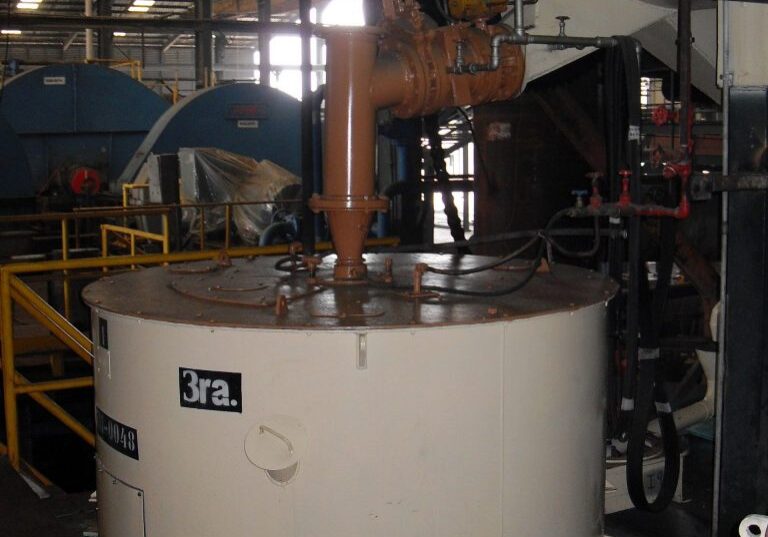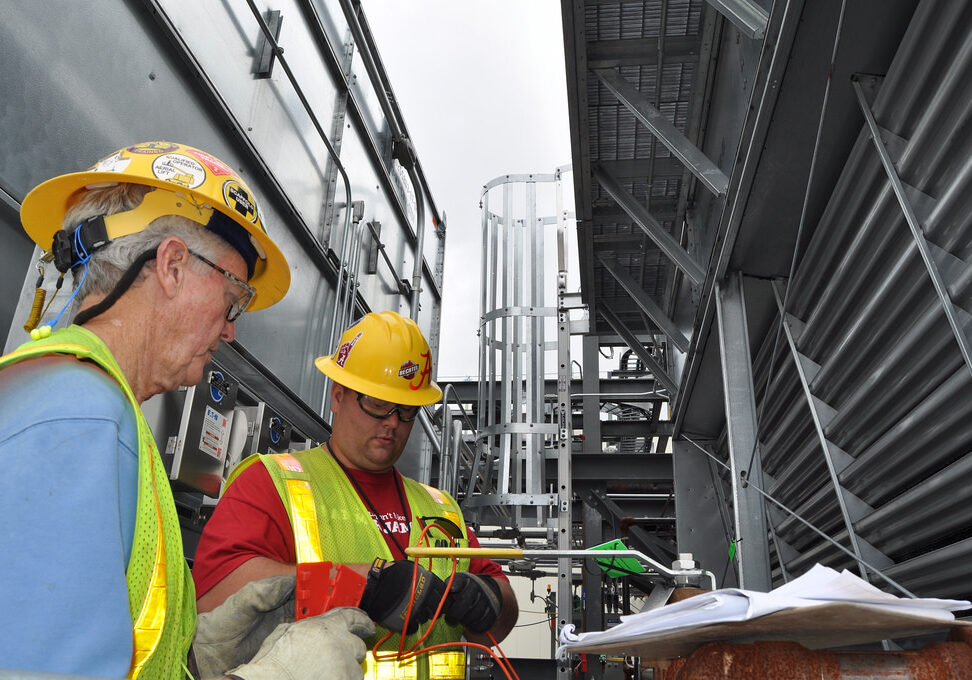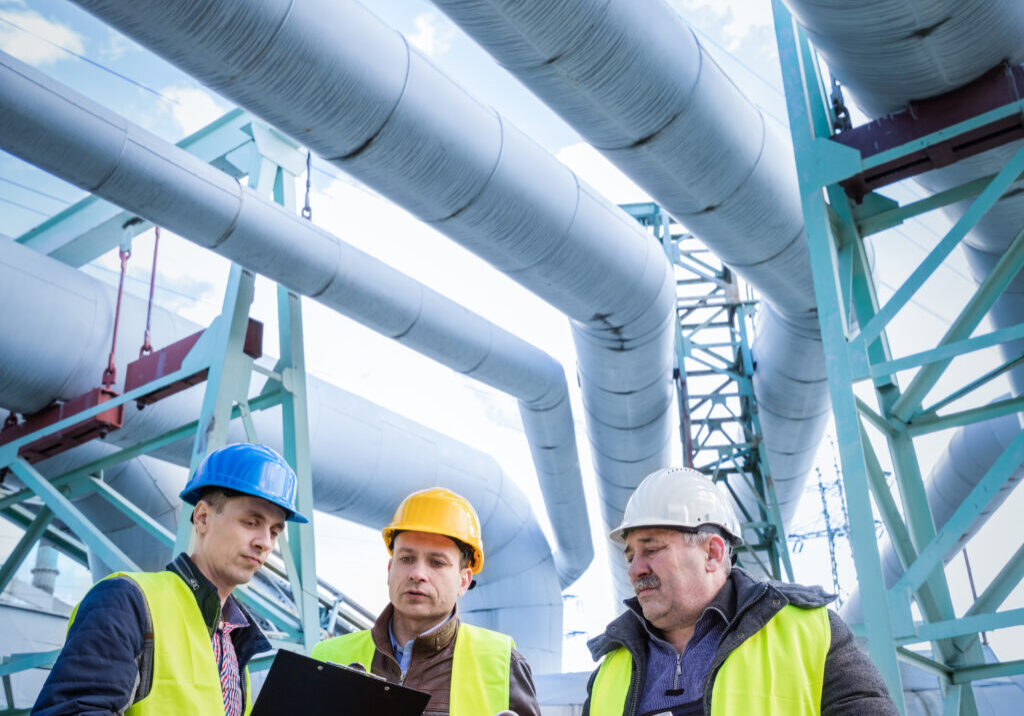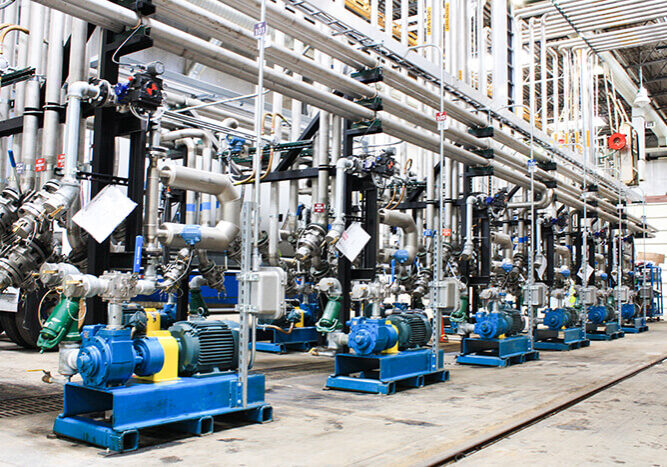Industrial Centrifuge Basics

An industrial centrifuge is designed to use intense centrifugal force generated by mass rotation to meet the needs of various applications. They are generally used for large scale fluid separation applications. Think of an industrial centrifuge as a larger version of a lab centrifuge used to mix samples at a much larger scale using a flow-through design that often allows separated solids and/or liquids to continuously exit the unit.
Types of Industrial Centrifuges
Industrial centrifuges come in many types according to the needs of each industry and its desired application. However, there are two main types of industrial centrifuges:
- Filtration Type Centrifuges – This centrifuge uses a rotating basket with perforations to allow liquid to pass through while keeping the solids in the basket. It works with a lower rotational speed and is generally chosen to separate large quantities of coarse solids from a liquid. For example, a filtration centrifuge would be used to separate crystallized sugar from syrup.
- Sedimentation Type Centrifuges – A sedimentation centrifuge, sometimes called a solid bowl centrifuge, has a solid bowl with no perforations. Solids accumulate along the bowl wall with lighter liquids separating and exiting a liquid outlet passage. This feature often produces a three-phase separation or liquid/solid separation in a fluid mix. Solid bowl centrifuges are further subcategorized into decanter and disc stack centrifuges.
Decanter Industrial Centrifuge Basics
A decanter centrifuge is an industry staple because it separates solids and liquids. It is an essential tool in water waste facilities as well as the oil and gas drilling, chemical, hemp, manufacturing, and food processing industries. Many of these industries would not be able to function or would have to charge outlandish prices for their products without decanter centrifuges. In fact, decanter centrifuges can rotate anywhere from 1,000 to 4,000 times the normal gravitational force, which greatly decreases the required time for many separation processes from hours to seconds.
Industrial Centrifuge Maintenance Basics
The maintenance you put into industrial centrifuges can come back to you tenfold. Industrial centrifuges of all types are large, powerful machines, and designed to perform to certain parameters. The right amount of maintenance coupled with expert know-how allow these centrifuges to provide decades of consistent and reliable performance. Inadequate maintenance practices will inevitably cause the centrifuge to break down more often, which can cost big in both repairs and lost production. Ignored maintenance also come with the added costs of extra power to run the machine, extra stress on the system, warranty voids, and even shortened lifespan.
Each industrial centrifuge has its own schedule and tasks for maintenance as outlined by the owner’s manual. These usually include lubrication, alignments, regasketing, testing CIP (clean in place) chemicals, calibrations, and regular inspections – along with any other number of tasks. Centrifuges also need repairs as the years pass to keep them running their best.
Houston Dynamic Supply Industrial Centrifuge Repair
HDS has over 30 years of experience working with many types of industrial centrifuges in all types of industrial applications. HDS is staffed with experts who can provide precision machining, extensive repair as well as rebuilds and repairs. Our services include non-destructive testing, disassembly, visual inspection, and more. Our team will rebalance, machine, or replace parts as required to bring the centrifuge back to original factory specifications once you approve the work. Call us today so we can help with your rotating equipment repair and maintenance needs!
Share this post:



